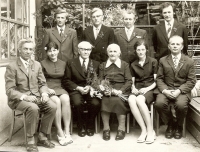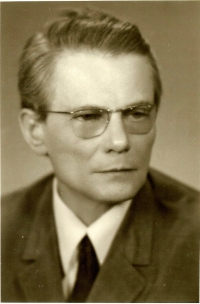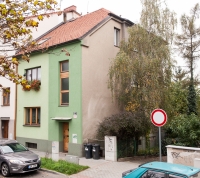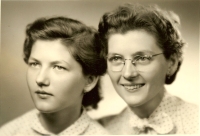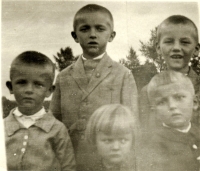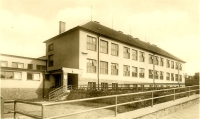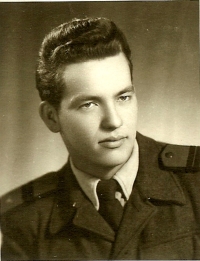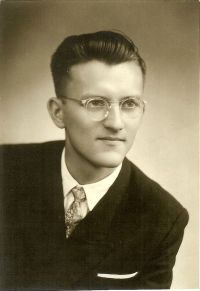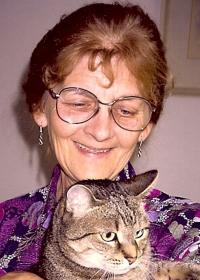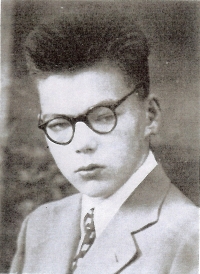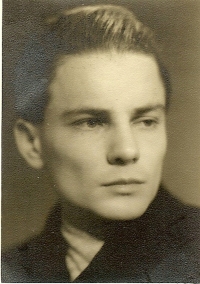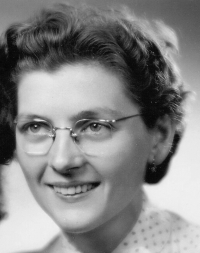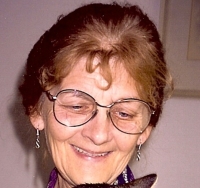I felt it was the way

Download image
The story of Ludmila Javorová can be, perhaps a little hyperbolically, described as one of the thirteenth chambers of the modern history of the Roman Catholic Church. She was born on 31 January 1932. She spent her childhood and the war together with her large family in Chrlice near Brno. From 1964 she became a close collaborator of the later secretly consecrated Bishop Felix Maria Davídek. She assisted him in the creation of the so-called hidden church Koinótés (a community of Roman Catholic Christians in strict concealement), whose existence was a reaction to the communist regime’s devastating crackdown on churches. Despite the opposition of some members of this group, David ordained Ludmila a deacon in late 1970 and then a priest. Her task was to minister primarily in women’s prisons, where women were “left out” without an exclusively male priestly ministry, often losing their faith and in need of spiritual accompaniment. She was to do so if she was arrested, as was rightly expected at the time. She pursued her priestly work despite the disapproval of some members of the hidden church. In 1983, she appealed to Pope John Paul II about her case through Cardinal František Tomášek, but did not receive a reply. In 1996 she was officially told that she was forbidden to exercise her priestly ministry because her ordination was invalid according to canon (Church) law. Even though Ludmila could never exercise her priestly vocation publicly, she considered it her life’s mission. After the Revolution, she found a career as a religious teacher. However, she did not stop talking about her fate - albeit with fear in her voice. She hoped that after the Velvet Revolution Felix Maria Davídek would be cleared, which has not happened yet. But she still did not stop believing that the time would come when women would be given more space in the Roman Catholic Church.
